How can I write about my life when I am still living it?
Even if you don’t love to journal, keeping a simple ideas notebook—with snippets of memories, headlines that resonated, quotes from loved ones, ticket stubs, whatever may prompt life writing ideas later—is a powerful tool. Use a simple composition notebook, or grab this lay-flat one from our store.
There’s a common misconception that a memoir—or any personal writing—needs to be a finished product, a neatly wrapped narrative with a clear beginning, middle, and end. But life doesn’t work that way, and neither does great storytelling.
The truth is, the best time to start writing about your life is right now—not years from now, when everything has “settled.” Writing as you live allows you to capture moments in real-time, with fresh emotions and raw details that might fade with time. It’s not about having all the answers; it’s about documenting the journey.
So, how do you begin? Let’s break down some of the biggest hesitations and how to move past them.
The 3 most common excuses that it’s ‘too soon’ to write about your life
“I don’t know how my story ends.”
Good news: You don’t need an ending to start writing. Memoir and personal essays don’t require a final chapter before you begin—many of the most compelling life stories are explorations, not conclusions.
💡 Try this: Instead of worrying about how everything ties together, focus on individual moments that feel meaningful right now. Write about a recent experience, a challenge you’re navigating, or a lesson you’re learning in real time.
📖 Example: Eat, Pray, Love by Elizabeth Gilbert
Gilbert didn’t write her memoir after she had “figured everything out.” She wrote it in the middle of transformation, capturing a period of self-discovery. Her story unfolds as she travels through Italy, India, and Indonesia, and it doesn’t wrap up with a perfect ending—just a deeper understanding of herself.
👉 Further Reading: How to use short vignettes to create a mosaic of your life.
“I haven’t achieved anything ‘big’ yet.”
You don’t need a dramatic, bestselling-worthy life event to write about your experiences. Some of the most powerful personal writing comes from small, everyday moments—the way you felt on a quiet morning, a childhood memory that keeps resurfacing, the way certain music transports you to another time.
💡 Try this: Instead of chasing “big” moments, focus on specific details that make a memory or realization come alive. If you keep a journal, flip through an old one to discover how compelling small experiences from your everyday life can be.
📖 Example: An American Childhood by Annie Dillard
One of the first memoirs I ever read, Dillard’s book isn’t about a single, dramatic event—it’s about how she experiences the world as a child growing up in Pittsburgh. She writes about curiosity, wonder, and the process of paying attention to life as it unfolds, proving that even the smallest moments can make for profound storytelling. I highly recommend it as a model to emulate.
👉 Further Reading: How to choose which life story theme to explore first.
“What If My Perspective Changes?”
Your perspective will change—and that’s a good thing. The beauty of writing while living is that your story evolves—and your writing can, too. You can revisit memories with new understanding, update reflections with fresh insight, and track how your views shift over time.
💡 Try this: Start a “living memoir” journal where you capture thoughts and stories as they happen. Revisit entries later to see how your perspective has changed.
📖 Example: Hourglass: Time, Memory, Marriage by Dani Shapiro
One of my favorite books from one of my favorite authors, Shapiro’s Hourglass explores how we evolve and change over time, and how those changes impact her relationship and sense of self. Instead of writing from a place of finality, she embraces the shifting nature of perspective—reflecting on the past while still actively living her present.
👉 Further Reading: 5 steps to drafting your own library of life writing prompts.
Your life doesn’t need to be finished to be worth writing about. Your words matter right now—in the middle of the mess, in the midst of discovery, even before you have all the answers.
So, pick up the pen. Start where you are. Your story is unfolding, and that’s exactly why you should write it.


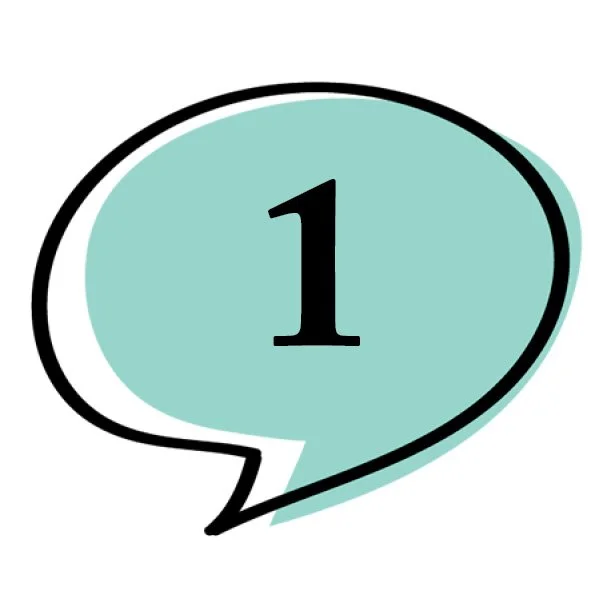
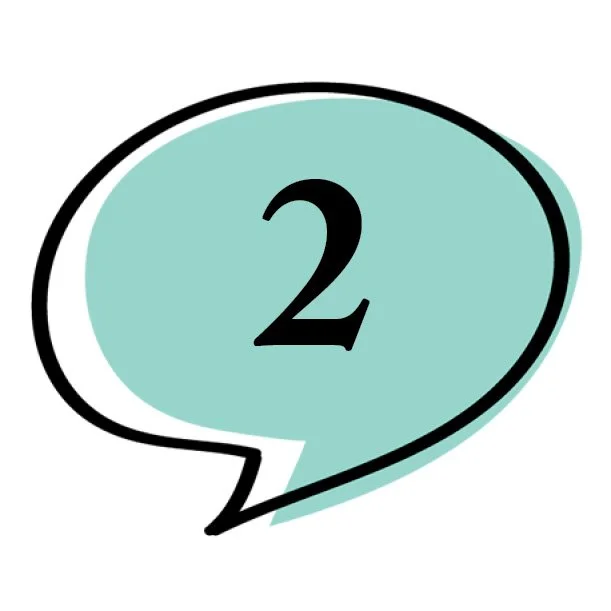
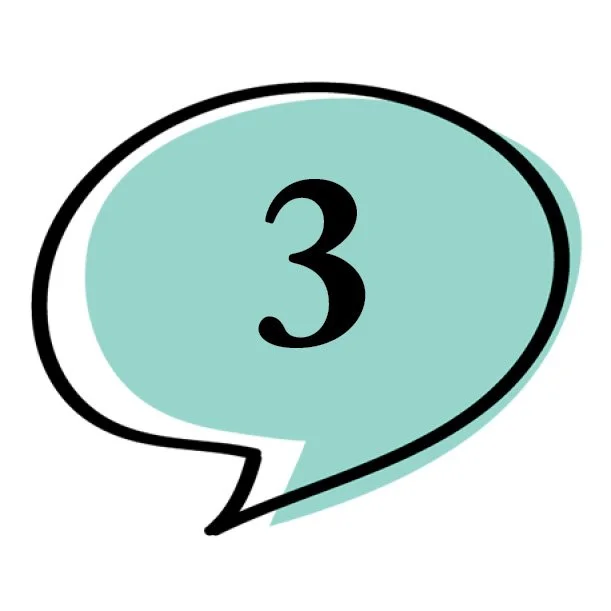

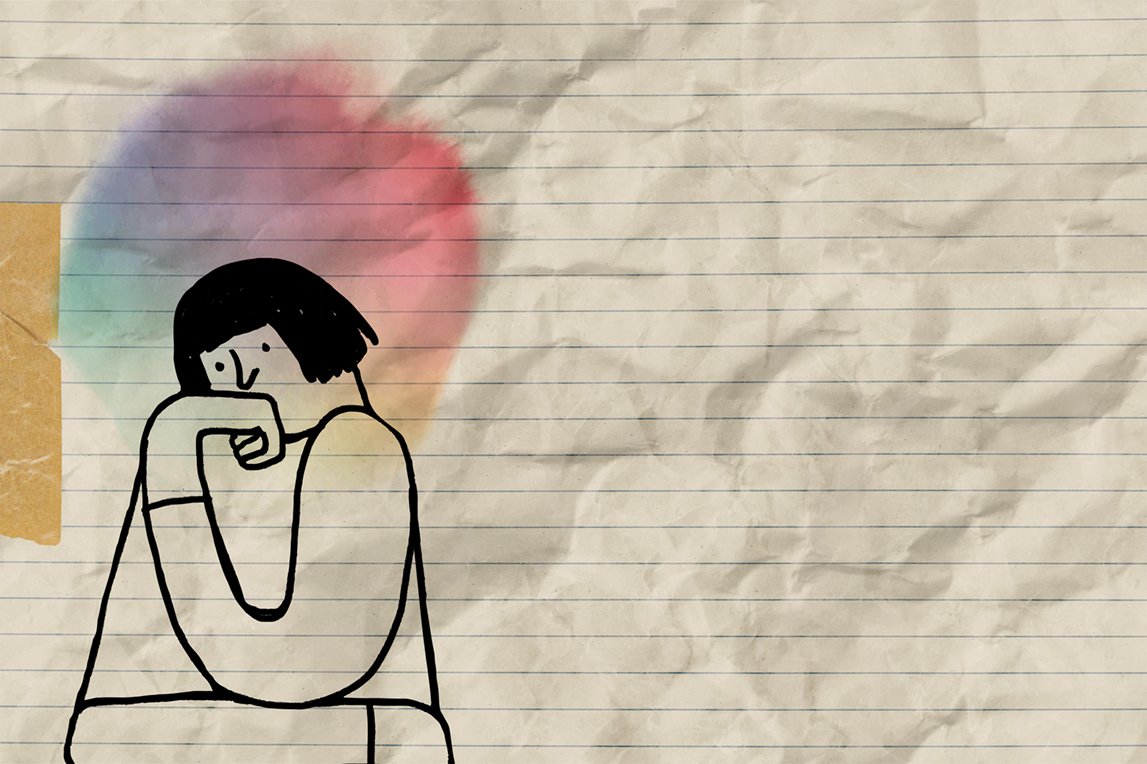






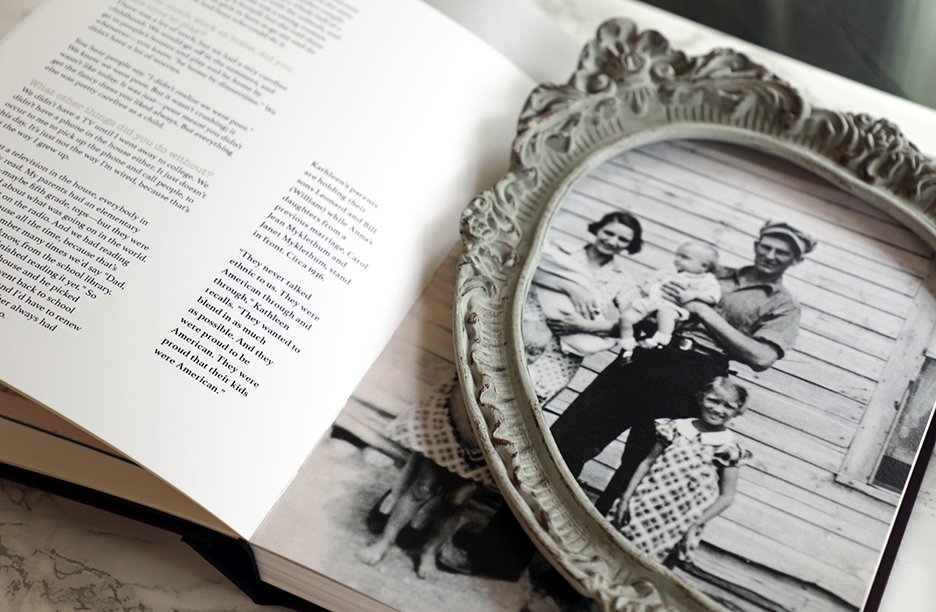




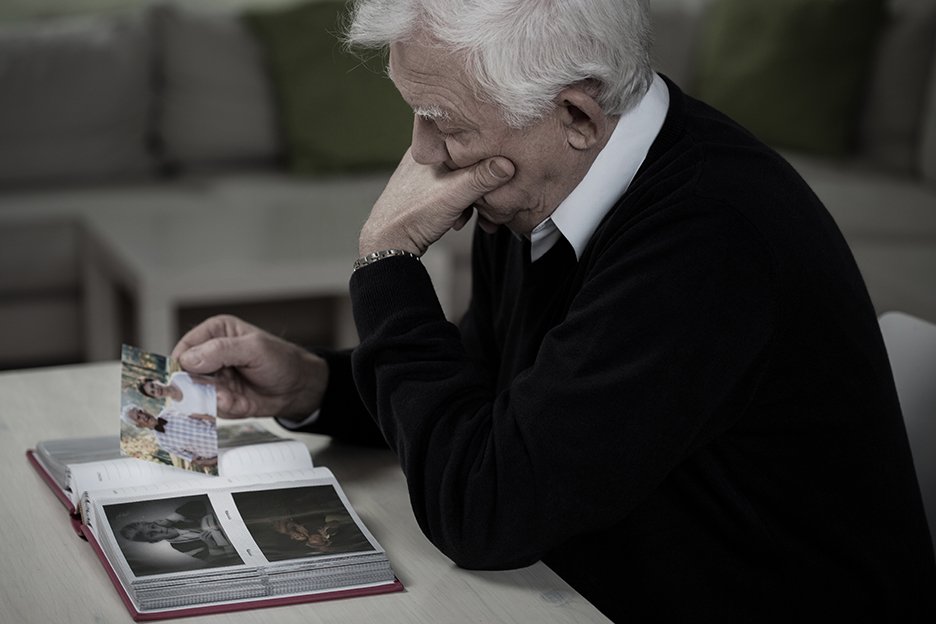
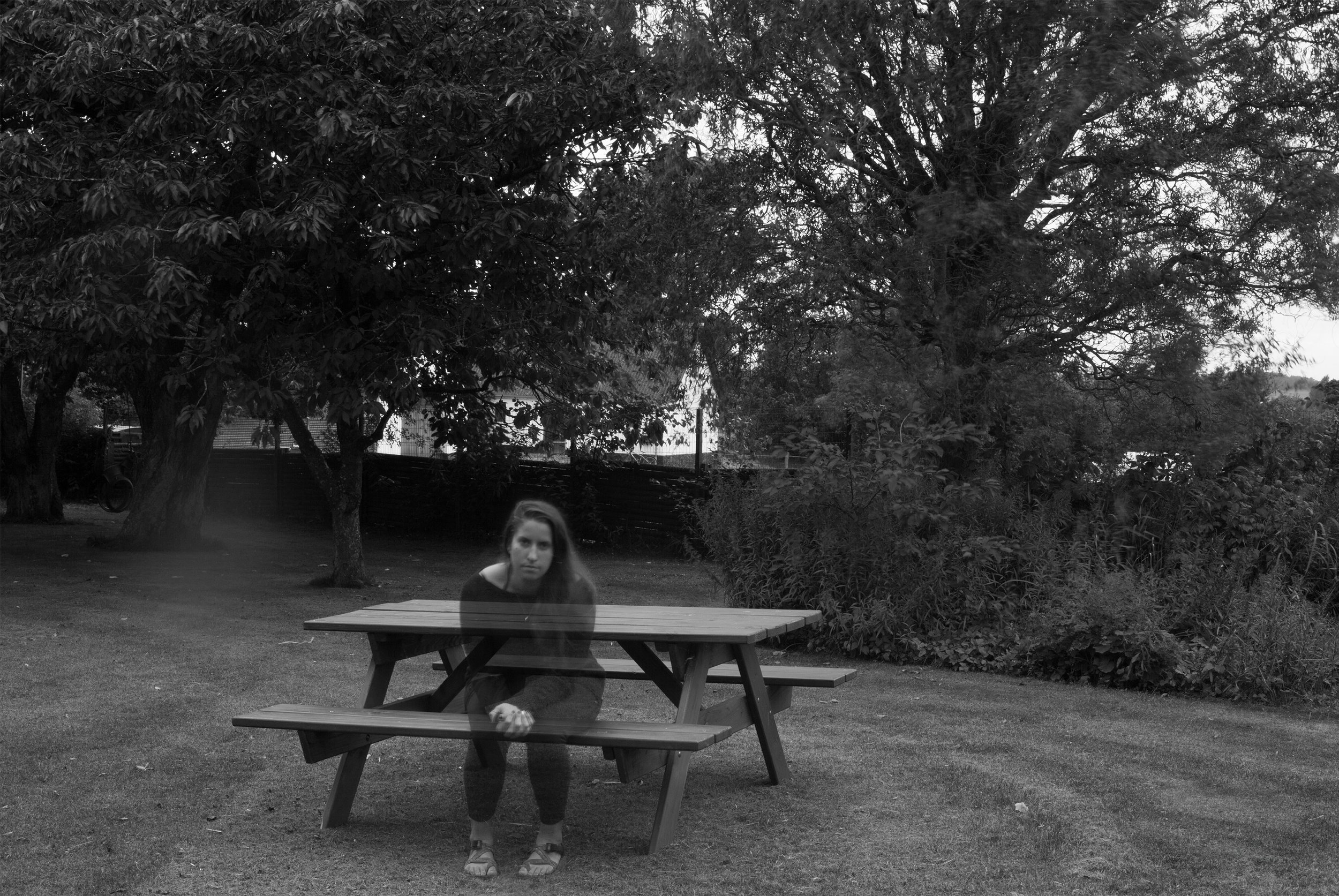




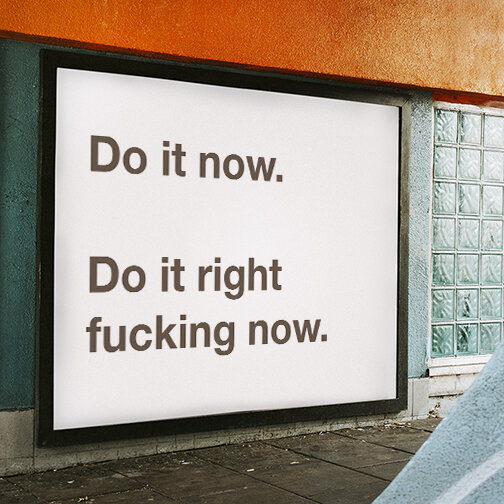







The three most common excuses I hear for not writing about your life “yet,” and how—and why—to overcome them. It’s not too soon for your memoir, I promise.